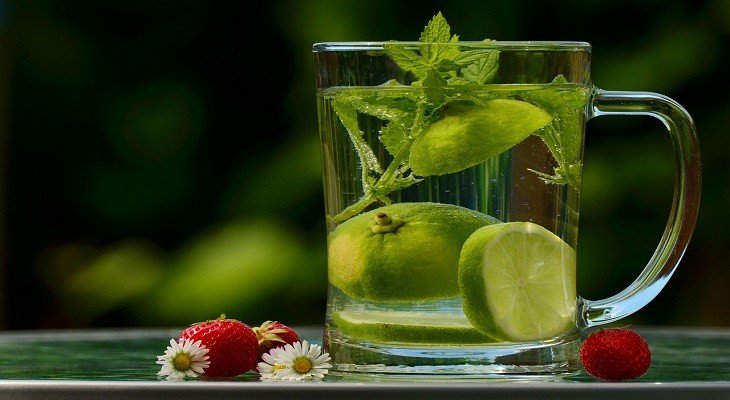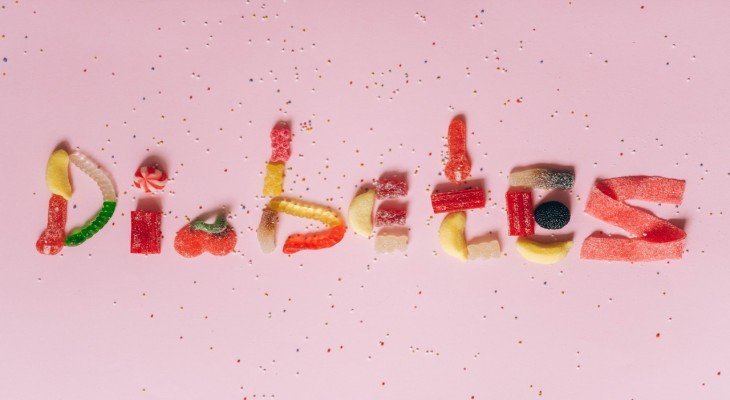Signs That You dehydrate
2 years ago 530Signs That You're Not Drinking Enough Water
Drinking water throughout the day may be difficult, but it is essential for your health. Your body is composed of 75% water, which must be supplied throughout the day. While we may extract some liquid from the meals we eat, it is critical to consume adequate amounts of water on a regular basis. This is especially true in very hot or cold weather, during physical exertion, It keeps your body from overheating .When you exercise, your muscles generate heat. To keep from burning up, your body needs to get rid of that heat. The main way the body discards heat in warm weather is through sweat. Drink six to eight glasses of water every day
What does water do for your body?
Water accounts for between 55 and 78 percent of your body weight. A newborn infant is approximately 78% water, a year-old baby is approximately 65% water, adult males are approximately 60% water, and adult women are around 55% water. Your brain, like your heart, is composed of 73% water. Your bones are 31% water, your muscles and kidneys are 79% water, and your skin is 64% water. Your lungs are made up of 83 percent water.
Water helps in :
· Aid digestion and waste elimination.
· Exercise your joints. They are lubricated by water.
· Produce saliva (which you need to eat).
· Restore your body's chemical balance. It is required by your brain to produce hormones and neurotransmitters.
· Distribute oxygen throughout your body.
· Protect your bones.
· Maintain a healthy body temperature
· Aid digestion and waste elimination.
· Exercise your joints. They are lubricated by water.
· Produce saliva (which you need to eat).
· Restore your body's chemical balance. It is required by your brain to produce hormones and neurotransmitters.
· Distribute oxygen throughout your body.
· Protect your bones.
· Maintain a healthy body temperature.
· Act as a shock absorber for your brain, your spinal cord and, if you’re pregnant, your fetus.
What exactly is dehydration?
Warm weather conjures us images of calm coastal breezes, hammock lounging, and tall glasses of lemonade. Keep that lemonade in mind since summer is also a time to be aware of dehydration: a lack of enough water in your body, particularly in your cells and blood vessels. Even a little amount of water loss, as low as 1.5 percent of your body's total water, might create symptoms. These symptoms might be as little as a headache or they can lead to a potentially fatal condition such as heatstroke (hyperthermia).
Thirst is your body's natural response to dehydration. You should consume fluids – ideally water – as soon as you feel thirsty. Consume enough water to keep yourself from becoming thirsty.
Here are nine indicators that you aren't drinking enough water:
1. You have a dry mouth and lips.
When you're dehydrated, your saliva production drops, leaving your mouth and lips dry. Dry mouth can also produce bad breath since bacteria has more time to remain when it isn't rinsed away on a regular basis.
2. Urination in the Dark
The colour of your pee might reveal a lot about your overall health. Pee from a healthy, hydrated person should be light yellow or clear, indicating that it has been appropriately diluted. If it's medium yellow, dark yellow, or orange, it's because your body isn't getting enough water, causing your pee to become more concentrated. Water consumption also implies you'll have to go to the restroom less frequently.
3. You're running low on energy.
When you are dehydrated, your body borrows water from your blood. A lack of appropriately hydrated blood reduces the amount of oxygen carried throughout the body. This implies that the rest of your body, particularly your muscles, may begin to perform at a slower rate, making you feel sluggish and tired. You'll start to feel the 2 p.m. crash sooner in the day.
4. You're suffering from a headache.
The precise mechanism through which dehydration induces a headache is unknown. However, researchers believe that when hydration levels fall, so does blood volume, resulting in decreased blood flow to the brain. This lowers the oxygen flow to the brain and causes blood vessels to dilate, resulting in headaches and even lightheadedness.
5. You are having intestinal issues.
Our mouth and throat contain mucus, which is impacted by our level of hydration. Hydration enables the membrane to operate properly. This holds true for the whole digestive system. Without adequate water, the volume and strength of mucus in the stomach decreases, allowing stomach acid to do significant harm to your internal organs. This causes what is usually known as heartburn and indigestion.
6. Your skin is parched.
For beautiful, moisturized skin, water is necessary. When your body's tank is empty and you're utilizing all of the water available for fundamental processes, your skin suffers. It can cause dryness over time.
7. You get muscular spasms, sometimes known as "Charley horses."
Do you remember those excruciatingly painful muscular spasms that wake you up in the middle of the night when your entire calf seizes up? They usually happen when a muscle is overworked, and exercising while your fluid levels are low might set one off.
8. You are sicker for a longer period of time.
Drinking water assists your body to wash away toxins on a regular basis. Your organs act like a machine to filter out specific waste items, but if you don't provide the machine with water, it won't perform correctly. In a dehydrated body, organs begin to draw water from stored regions such as your blood, resulting in a whole new set of difficulties.
9. You're hungry even if you've just eaten.
Thirst and hunger cues originate in the same area of the brain, making them easily confused. If you're hungry even though you know you've eaten enough, your body is probably telling you it needs water, not food.
Important: Rapid heartbeat or breathing, sunken eyes, fever, disorientation, or delirium are all indicators of severe dehydration. If you have any of these symptoms, go to the hospital.













